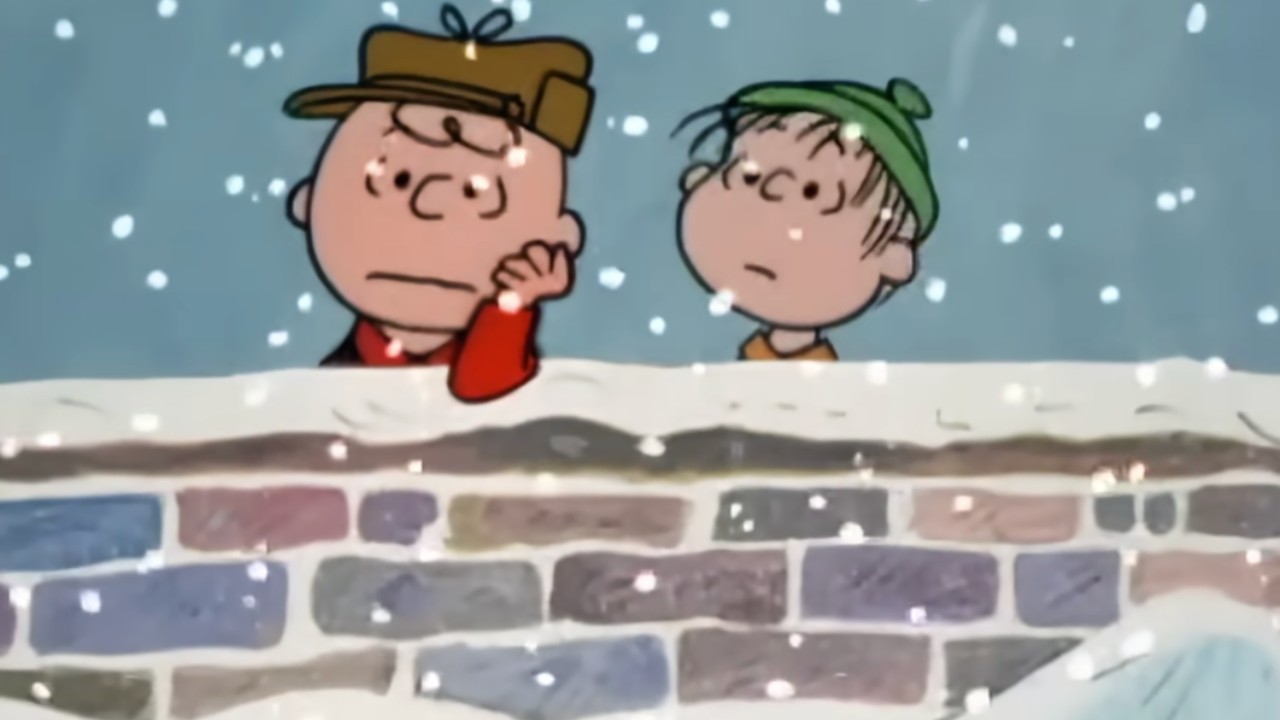With the help of Ralph Fiennes and Rachel Weisz, director Fernando Meirelles has created a fantastic and fierce film to direct America’s attention to a heart breaking subject that until now has been ignored like a mutt left out in the rain with no dog house to flee to. Set in Kenya, The Constant Gardener takes the meaning of “free aid” for the poor and turns it on its head. There is no way possible for someone to see this film and not be forced to feel the impact of its message. So often we look at Africa in much the way Columbus looked at early America, when he thought he landed on "India" and met for the first time those savage and uncivilized Indians. But The Constant Gardener works off of perspective and how new knowledge can change the way we see something we thought we understood before. By the end of The Constant Gardener we finally see Africa from the perspective of African people. With this film we realize how savage the civilized can be.
The film follows British diplomat Justin Quaile (Fiennes) and within the first five minutes we see the death of his wife Tessa (Weisz) as well as their first meeting. The movie is then a series of flashbacks interlaced with the present. This method is carried out wonderfully through the knowledge that scenes containing Tessa are flashbacks. The present day scenes then follow Justin as he tries to uncover the mystery of his wife’s death as well as the reality of pharmaceutical companies testing potentially deadly medicines on the poverty stricken villages of Kenya. An entire mass of people who, without the “free” drugs, are dead anyway. The ethical question is “who will miss them?”
Justin soon suspects those same companies of his whistle blowing wife’s murder and finds himself being followed for learning the truth of corporate cover-ups and mass graves for the sake of profit. Although it is Justin that is constantly gardening throughout the film, there is a nagging feeling that the title itself is not meant for him. Consider the companies who are continually finding new ways to dispose of bodies and digging and planting, and digging and planting, in an effort to conceal the truth. The idea of a difference in perspective appears again.
The power, emotional strength, and visual impact of The Constant Gardener comes across through everything you see and hear in the film. The editing, cinematography, dialogue, soundtrack, and characterization all contribute. The usage of vibrant colors, skewed camera angles, and blurred, sometimes blocked, main images all pull the viewer into the world of the beautifully haunting Tessa and what her life and death was for. We journey with Justin learning as we go, all the while the off camera angles encourage feelings of paranoia and a sense of dread mixed with a fear of the unknown possibilities of what “could” happen next, who “might” be watching, or how he “may” be killed or silenced.
The Constant Gardener quickly becomes not a film about European politics in Africa but a centerpiece for compassion and sympathy for African people who are both the victims and the beneficiaries of “humanitarian” drug companies offering “free” tax-deductible aid to those who would otherwise receive nothing. What makes it become more than a statement to the world is the importance of perspective. Shifting your perspective will change how you see every situation. Jeffrey Caine, the writer of the screenplay, has created such a beautiful twisting world that several times during the film we flashback or return to scenes we’ve already watched. What’s important here is that for these scenes, we come back to them with new information and now those identical scenes, exactly the same as before, are brutally different and revealing.
To say The Constant Gardener is painfully exquisite would be an understatement. This film has a richness, poise, and depth to it that is few and far between in Hollywood these days. The Constant Gardener is not only a movie that makes you think but also a movie that makes you feel; makes you tune into the reality of a continent most of us have never seen. Meirelles deserves a standing ovation for getting the movie machine of Hollywood to show the intimately human side of African culture, which has nothing to do with our usual makeup, fast cars, or sex, confirming the essence of life in the face of death. To follow up such a wonderful movie I was so glad to see an equally fabulous set of extras: not too few and not too many. Sometimes it is nice to space out in front a pointless movie, but I want to know something was worth my time. The Constant Gardener is definitely one of those movies and so are all the special features they chose to add to the disc. I loved all of these extras and I could only ask for an audio commentary. The only reason, for once, that I don’t mind not having a commentary is because you almost don’t want it to lose that feel of the story. An audio track might cheapen the strength of the film by uncovering the average-ness, the goofs, the scheduling conflicts of filming a movie. On a film like this—I don’t want to pick apart the how’s and why’s that make it work, I just want to enjoy that they work.
The extras start off with the deleted scenes which are neat but would have altered the final affect of the story. I certainly prefer the movie without them but they are interesting nonetheless. Next there is an extended scene of Haruma, the play the Kenyan men and women perform to teach tolerance to their neighbors about AIDS. This is great to have on the disc, but after watching it I was glad to only have the portion on the film that is there. It’s quite lengthy and would have slowed the pace of the film.
Your Daily Blend of Entertainment News
The next special feature on the disc is “Embracing Africa: Filming in Kenya” where you learn that the majority of extras in the film are actually the people that lived there. As Rachel Weisz says when you’re in Kibera, the people are the people of Kibera, the children are Kibera children, etc. It’s also mentioned that the initial trip to Africa to pick the locations were to involve touring Kenya for a few days and then heading to South Africa to film. After setting their eyes on Kenya they confess that within a few hours they knew they would film the movie there.
After that there’s “John Le Carre: From Page to the Screen” where you see an interview of Le Carre, the writer of the original novel. He tells of his success and hurtles in getting his book out to the world and then those also of the movie. How do you ask the African government to film a movie in their country where you’ll negatively depict the African government? Hmmm? Tricky one. Basically, as Le Carre states, by the time the screenplay was done it no longer resembled the novel at all. Definitely a book to pick up!
Finally, the last special feature on the disc is “Anatomy of a Global Thriller: Behind the Scenes of The Constant Gardener”. A great behind the scenes, it perfectly compliments the movie and brings you that much more into the folds of the story, looking at the steps they took and the rationale they used to create such a great movie. These extras together are the cherry on top of a superb ice cream. There’s strength and beauty, pain and pleasure all mixed together and the special features seem to respect that and carry it on. Again, applause for Meirelles and Focus Features for daring to create something so controversial and so magnificent.

